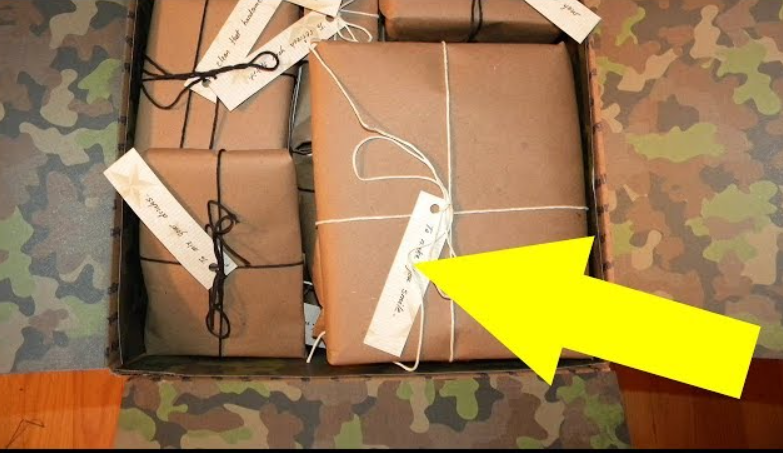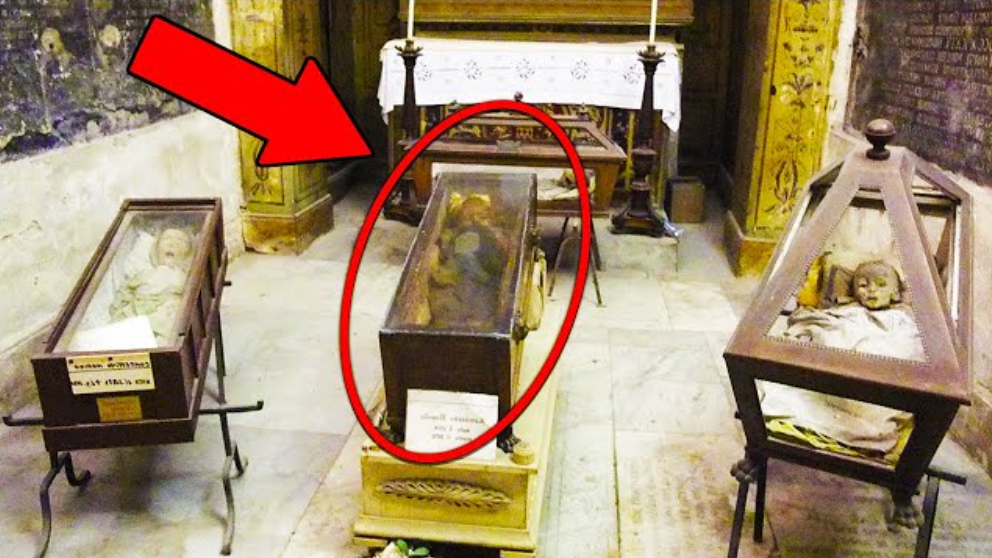
One of the most popular board games in the world for over a century has been Monopoly, inspired by real estate. The game was invented by a woman named Elizabeth Magie and was originally called the “Landlord’s Game” before being released by Parker Brothers in the 1930s. During World War II, Monopoly played a more secretive and brilliant role for soldiers in German prison camps. British POWs utilized the game, which was far from just a way to pass the time.

So, what did these soldiers do with the famous game? The answer is quite amazing. Ever since its arrival on toy store shelves in the 1930s, Monopoly has been one of the most popular board games in the world. However, you probably had no idea that this simple board game played a major role in helping British POWs during World War II.
During World War II, British intelligence utilized a unique strategy involving a board game. Thousands of prisoners were detained in camps from which there seemed to be no escape. However, the British authorities discovered that they had a significant advantage.
The German guards allowed British captives to receive care packages from humanitarian groups while they were imprisoned. But, how would British intelligence use this to their advantage? Surely, the packages were thoroughly inspected before they reached the captured soldiers, right?
During World War II, British intelligence organization MI9 came up with a clever idea to equip their troops with escape tools. They instructed soldiers that if they were ever captured, to be on the lookout for Monopoly games sent in care packages.
MI9 collaborated with Waddington, a British Monopoly manufacturer, to hide maps, small metal tools, magnetic compasses, and other supplies inside the games. The plan was created by British intelligence officer Clayton Hutton, who aimed to discover a foolproof system for introducing the toys into the prison camps.
One of the tricks they used was to print the maps on pieces of silk because the material wouldn’t crinkle when soldiers looked at them. This way, they could easily be stuffed into small compartments, and they wouldn’t dissolve in water.
It was an ingenious tactic. Of the nearly 35,000 British soldiers who escaped imprisonment during World War II, it’s estimated that some 20,000 of them used the silk maps, compasses, and assorted tools that they found in their Monopoly games.
But Monopoly wasn’t the only game that included secret tools to help prisoners escape. Maps, banknotes, and messages were also included in chess sets and packs of cards. All of this happened right under the Germans’ noses.
If the Germans had thoroughly inspected any of the packages, their plan would have immediately failed, and many more brave men would have lost their lives. This piece of history is truly remarkable, showing how ingenious tactics and everyday items like board games played a role in saving lives during a time of war.




